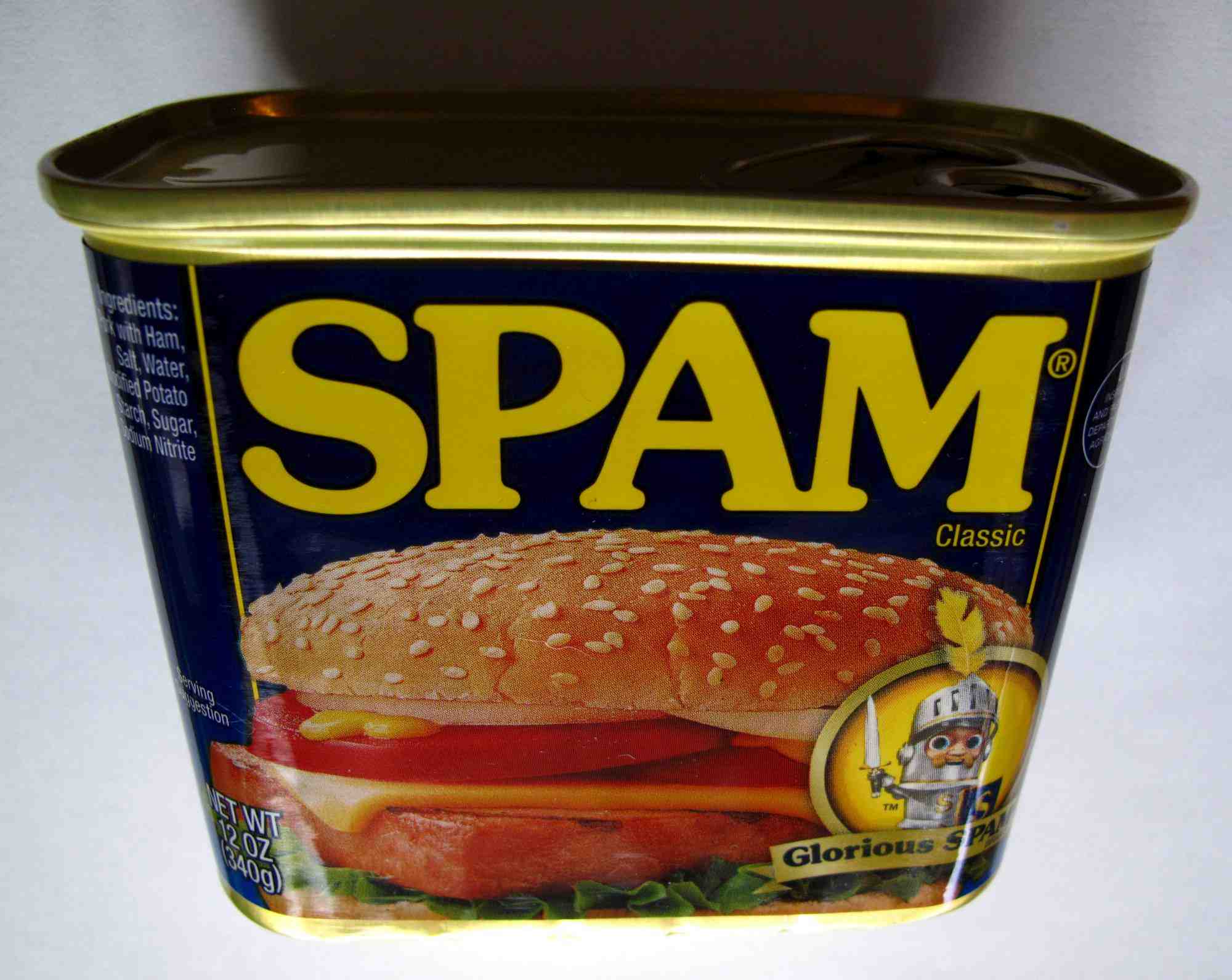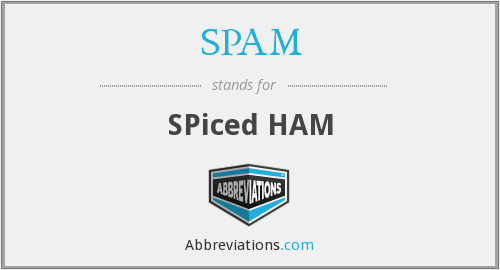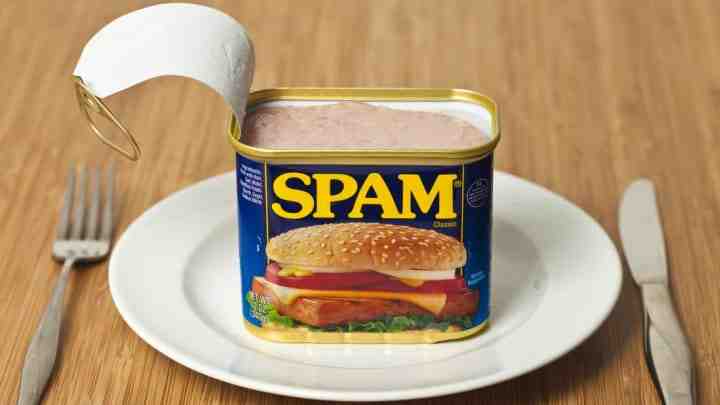Can you make money selling domains?

Absolutely! There is nothing wrong with winning domains and buying and selling profits. There are many pinball domains for buying and selling full-time revenue domains. On the same subject : What is the difference between junk and spam?. The only legal issue you face is buying a domain that is related to a current business.
Is Domain Flipping Still Profitable? Yes, domain domination can be very profitable. But it takes time and patience to really start making money. If you are dedicated to running, you can earn a lot of money by flipping your domain.
How much can you make from selling domains?
Also, keep in mind that you will be buying some domains that will not be sold, which is only part of the cost of being a pinball domain. Part-time flipers can earn between $ 1,000 and $ 8,000 a year by flipping domain names. This may interest you : What is Spam made of?. Full-time pinball earnings can be as much as $ 30,000 and $ 100,000 a year.
Is it profitable to buy and sell domains?
Buying and selling domains can be a lucrative side business. People with freelance or irregular schedules find it particularly convenient, as domain auctions and sales operate for a very limited period of time. Don’t expect to be able to quit your day job and make a full-time living with domain speculation.
Can you make money flipping domains?
Revolving your domain is a viable way to earn extra money while you are involved in the online real estate world. You’ll need a bit of specialization, a keen eye, and a bit of luck, but if you’re consistent, you can earn a reliable income from practice.
What type of intellectual property violation does cybersquatting entail?

What kind of intellectual property infringement does cyber occupation entail? Cybersquatting means the registration, trafficking, or use of a domain name in bad faith with the intention of profiting from someone else’s trademark. On the same subject : Which country eats the most Spam?.
What kind of intellectual property does cyber occupation entail? Cyber occupation is considered an infringement of intellectual property because the creator of the trademark or company name is subject to the general principles of intellectual property law, which is to protect it from any tangible or intangible infringement of the human mind.
Why do cybersquatters register domain names?
Cybersquatting is about registering, selling, or using a domain name in order to take advantage of someone else’s goodwill. On the same subject : Can you eat spam raw?. It generally refers to the practice of buying domain names that use the names of existing companies in order to sell the names to these businesses for profit.
Why is registering a domain name important?
Why are domain names so important? A domain name gives your business instant credibility and puts you in the same online marketplace as your biggest competitors. He says you mean business, and he sees you as a forward-looking business for online shoppers and customers, which is conveniently accessible online.
Should you trademark your domain name?
Many business owners use their company name or other descriptive or distinctive words to create a domain name. In most cases, it is advisable to register a domain name to protect your business from the theft of your customers and brand identity.
What is the doctrine of fair use Why did the courts decide that Google’s scanning of copyrighted books was a fair use?
A district court ruled that libraries that offered scanning books to a search engine company (Google) were protected by fair use, when libraries then used the resulting digital scans for three purposes: preservation, full-text search, and electronic access. Read also : Why do they eat Spam in Hawaii?. Disabled customers who couldn’t read …
What is meant by fair use?
In the United States, for example, copyright restricts the use of “fair use” doctrines, but not limited to, but not limited to, certain uses of copyrighted material for criticism, comment, news, teaching, scholarship, or research. it is considered fair.
Is Google Books fair use?
The Supreme Court has ruled that scanning of copyrighted works on Google Books is fair use.
What is cyberpiracy?
Cyber piracy (or cyber occupation) involves the registration, trafficking, or use of domain names (Internet addresses) that are identical or confusingly similar to the trademark in order to take advantage of the goodwill of bad faith trademarks. On the same subject : Is luncheon loaf the same as spam?.
What basic assumption does the study of ethics make about individuals provide examples of this assumption?
The study of ethics makes a basic assumption that individuals are free moral agents who are in a position to make choices.
What is the goal of the Anticybersquatting Consumer Protection Act ACPA?
The Anti-Cybersquatting Consumer Protection Act (ACPA) was enacted in 1999 in an attempt to prevent the registration of Internet domain names with trademarked cybercriminals for the purpose of reselling those domain names to the trademark owner.
Why is spam so popular in Hawaii?

The true root of our love for the island’s SPAM® products dates back to World War II, when meal meat was served to GI. At the end of the war, SPAM® products were introduced to the local culture, becoming the most popular Fried SPAM® Classic and rice meal.
Is Spam Meat Popular in Hawaii? In Hawaii, spam is so popular that it is sometimes called the “Hawaiian steak.” There is also a spring festival on the island of Oahu on the subject of spam, known as “Waikiki Spam Jam”.
Why is Spam such a big deal in Hawaii?
Spam is cheaper than other meats. It is much easier and cheaper to import meat that is stable on the shelves than to import fresh meat, or even animals that may be detrimental to Hawaiian conservation efforts. 6. Hawaiian has become part of the culture.
Who eats Spam the most?
The United States consumes the most spam, followed by Korea. The average Hawaiian eats at least five cans of spam a year. The average annual consumption of spam on the island of Guam is 16 cans per person.
Why do Americans love Spam?
Since then, spam has become a popular product in many countries around the world, especially in the face of economic hardship. Because it is cheap, filling and long lasting, it meets a real need.
Is Spam a specialty in Hawaii?
Nowhere else in the world is there a love for spam like Hawaii. In fact, there is a whole festival dedicated to it, called Waikiki Spam Jam. Spam musubi (Japanese rice ball) is one of the most popular, fast and portable meals on the islands.
Is Spam considered a delicacy in Hawaii?
Although spam is not considered a food on the US mainland, in Hawaii, spam is a beloved product used in many dishes like fried rice spam or the very popular Spam musubi (it’s really delicious, trust us!).
Is Spam a favorite food in Hawaii?
Pin218. Share327. Hawaii’s favorite way to eat spam is musubi-shaped (pronounced moo-soo-bee, without accents). The rice is a sliced piece of fried rice, pressed together to form a small block, and wrapped in a strip of seaweed.
Is Spam cheap in Hawaii?
Since spam sells for around $ 2.50 per 12-ounce can (depending on where you look in Hawaii), a thief who pays nothing for an 8 pack or 12 case can make a decent profit by selling it to stolen merchants. “It’s an organized retail crime,” Yamaki said.
How much is Spam in Hawaii?
According to the SPAM website, the people of Hawaii consume more SPAM than seven states in seven million cans a year. The SPAM website explains that Hawaii’s love affair with SPAM began in World War II when soldiers were served salty meals because it did not require refrigeration and lasted a long time.
Is Spam different in Hawaii?
A local Hawaiian dish is Spam musubi, where the cooked Spam is placed on top of the rice and wrapped in a nori band, in a form of onigiri. Other markets include Hawaiin and Saipan spam varieties that are not available, including Honey Spam, Spam with Bacon, and Hot and Spicy Spam.
Is cybersquatting legal or illegal?

Cybersquatting is illegal under the Anticybersquatting Consumer Protection Act (ACPA). However, a business affected by cyber occupation can only seek a financial remedy by filing a lawsuit under the ACPA.
Why is cyber occupation illegal? The domain name registrar (the alleged cyber occupier) had malicious intent to take advantage of the trademark; The registered domain name is identical or similar to the actual trademark to create confusion; and. It may be protected under federal trademark law.
When did cybersquatting become illegal?
The United States passed the U.S. Anticybersquatting Consumer Protection Act in 1999. This extension of the Lanham (Trademark) Act (15 U.S.C.) is intended to provide protection against cyber occupation, as well as to owners of distinctive trademarks.
Why is domain squatting illegal?
A domain occupant is blocking the trademark or trademark owner from acquiring a domain name and using it to increase their visibility on the Internet. The law considers that the occupation of domains is similar to owning a property (domain name) in order to obtain a ransom, and is considered a trademark infringement.
Is cybersquatting illegal in the UK?
This defines cyber-occupation as â € œRegistrating, trafficking or misappropriating a domain name with the intent of taking advantage of the goodwill of someone else’s trademarkâ €. But in general in the UK, it is not legally important whether someone can be described as a “cybersquatter”.
Is cybersquatting legal in India?
Cybersquatting is a crime related to the registration of a domain name by an entity that does not have its own rights or the same trademark in its favor for the sole purpose of selling it to a legitimate user for the sole purpose of obtaining illegal profits.
Is cybersquatting illegal in the UK?

This defines cyber-occupation as “the registration, trafficking, or use of a domain name in a malicious manner in order to profit from the goodwill of someone else’s trademark.” But in the UK in general, it is not legally important whether someone can be described as a “cybersquatter”.
What is cyber occupation and why is it illegal? Cybersquatting is an unethical and often illegal practice that violates your intellectual property rights. These situations indicate common factors that may violate U.S. cybersecurity regulations: The domain name owner has bad faith in profiting from the trademark.
When did cybersquatting become illegal?
The United States passed the U.S. Anticybersquatting Consumer Protection Act in 1999. This extension of the Lanham (Trademark) Act (15 U.S.C.) is intended to provide protection against cyber occupation, as well as to owners of distinctive trademarks.
Is cybersquatting illegal in the UK?
This defines cyber-occupation as â € œRegistrating, trafficking or misappropriating a domain name with the intent of taking advantage of the goodwill of someone else’s trademarkâ €. But in general in the UK, it is not legally important whether someone can be described as a “cybersquatter”.
Why is domain squatting illegal?
A domain occupant is blocking the trademark or trademark owner from acquiring a domain name and using it to increase their visibility on the Internet. The law considers that the occupation of domains is similar to owning a property (domain name) in order to obtain a ransom, and is considered a trademark infringement.
Is domain name squatting illegal?
Buying and selling real estate is considered an investment, while the occupation of domains is illegal. A domain occupant is blocking the trademark or trademark owner from acquiring a domain name and using it to increase their visibility on the Internet.
Can you sue for domain squatting?
The Anticybersquatting Consumer Protection Act (ACPA) authorizes the trademark owner to sue an alleged cybersquatter in federal court and return the domain name for a return of the domain name. In some cases, the cyber occupier has to pay damages.
What is considered domain squatting?
Under the Anti-Cybersquatting Consumer Protection Act, the occupation of domains (“cybersquatting”) is the registration, trafficking or use of a domain in order to profit from the goodwill of a bad faith brand. someone else.
What does Udrp mean?
The Uniform Domain Name Dispute Resolution Policy (UDRP Policy) establishes a legal framework for resolving disputes between a domain name registrar and a third party (i.e., a non-registrar party) regarding registration for the misuse of the Internet. domain name in top-level generic domains or …
Is UDRP mandatory? General information. All registrars must follow a Uniform Domain Name Dispute Resolution Policy (often referred to as a “UDRP”).
What is UDRP proceedings?
UDRP procedures are legal actions taken to resolve disputes over the registration of Internet domain names. The Internet Corporation for Assigned Names and Numbers (ICANN) established the UDRP process. Provides a common method for resolving domain name conflicts.
What is UDRP in IPR?
The Uniform Dispute Resolution Policy or UDRP is a policy developed with input from governments, international organizations, businesses and consumers to address the conflict between a type of intellectual property rights (trademarks) and domain names (example.com).
Who can file a UDRP complaint?
Who can file a UDRP complaint? Anyone located in regions recognized by the UDRP can file claims through the designated regional service provider. Today, there are more than 40 countries that have accepted and accepted UDRP as their main domain name litigation policy.
What is the purpose of UDRP?
The Uniform Domain Name Conflict Resolution Policy (UDRP) is an established process for resolving conflicts over the registration of Internet domain names (ICANN).
How much does a UDRP cost?
WIPO filing fees start at $ 1,500 for a complaint with a maximum of five domain names and a single-member panel (or $ 4,000 for a three-member panel). If the complaint includes six to 10 domain names, the filing fee will increase to $ 2,000 for a single-member panel (or $ 5,000 for a three-member panel).
How do I submit a UDRP?
UDRP Model Complaints and Submission Guidelines
- download and complete the complaint form Word document as an e-mail attachment to [email protected]; or.
- fill in and submit the Model Complaint directly online.
What are the prerequisites for a UDRP claim?
All registrars must follow a Uniform Domain Name Dispute Resolution Policy (often referred to as a “UDRP”). Under the policy, most types of market-based domain name disputes must be resolved by agreement, legal action, or arbitration before the registrar can cancel, cancel, or transfer a domain name.
How long does the UDRP process take?
How long does it take to receive a UDRP decision? Often the decision is made within two months. The parties shall have a period of 10 days from the date of notification of the decision to lodge an appeal and to appear in court.
Sources :
